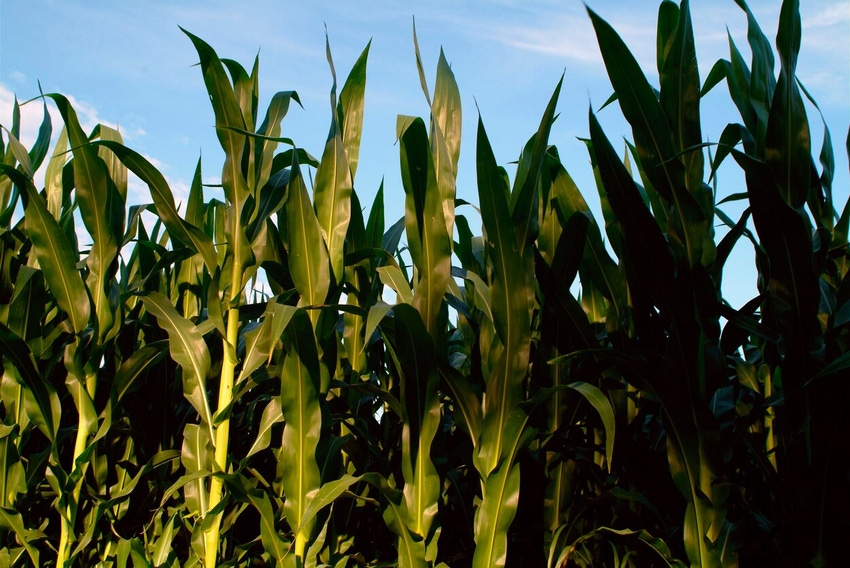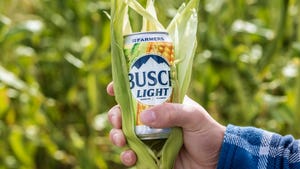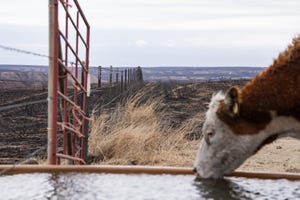Updated Sustainability Impact Report now includes animal feed
Corn and soybeans, two of the most common animal feed ingredients, have reduced their GHG emissions by 31% and 43%, respectively, between 1980 and 2015.
April 20, 2023

The Animal Agriculture Alliance released its updated Sustainability Impact Report ahead of Earth Day on April 22. The U.S. farm and food community continues to be a global leader in sustainability efforts. The updated report highlights these advancements and includes a new section on the animal feed community’s role in environmental stewardship.
"Sustainability, including animal welfare, environmental stewardship, responsible antibiotic use and other important concepts, is nothing new to the American farmer or the food supply chain at large," said Hannah Thompson-Weeman, president and CEO, Animal Agriculture Alliance. "The food and farming communities have an incredible story to tell when it comes to progress made in reducing environmental impacts and ensuring the sustainability of food production. Everyone involved – from farm to table – should feel empowered to tell that story."
The annual Sustainability Impact Report provides the latest data on the nutritional benefits of meat, dairy, poultry, eggs and seafood and details U.S. animal agriculture's achievements in modern environmental stewardship, animal care, judicious antibiotic use and food safety. These achievements contribute to reaching the United Nations' Sustainable Development Goals. Highlights include:
The U.S. beef community has commited to reaching carbon neutrality by 2040, the U.S. pork community has set a goal to reduce greenhouse gas (GHG) emissions by 40% by 2030, and the U.S. dairy community has commited to achieving GHG neutrality by 2050.
More than 40% of ingredients used in animal feed are byproducts from other industries, including almond hulls and brewer's grains. Research has found that feeding byproducts to cows decreases greenhouse gas emissions by more than 4.5 times compared to composting and 49 times compared to landfill disposal.
Animal feed ingredients have a smaller impact on the environment, thanks to enhancements made by farmers. Corn and soybeans, two of the most common animal feed ingredients, have reduced their GHG emissions by 31% and 43%, respectively, between 1980 and 2015.
In addition to the release of the updated report, the Alliance will also be covering this topic at its 2023 Stakeholders Summit, set for May 4-5 in Arlington, Virginia, and themed "Partners in Progress: Building a Sustainable Future for Animal Ag." Joe Proudman, associate director of communications at the University of California, Davis' CLEAR Center, will shed light on how the food and farming communities can speak bullishly about the future of animal agriculture and its environmental sustainability progress. Registration is open through May 1.
You May Also Like

.png?width=300&auto=webp&quality=80&disable=upscale)

